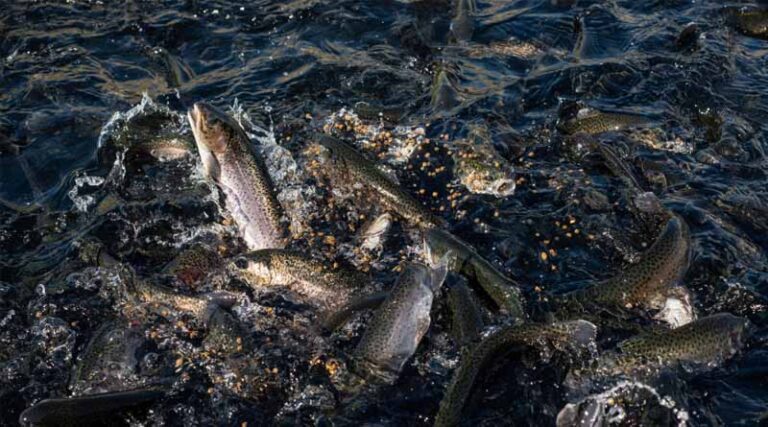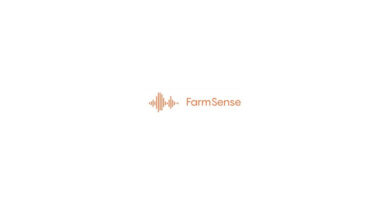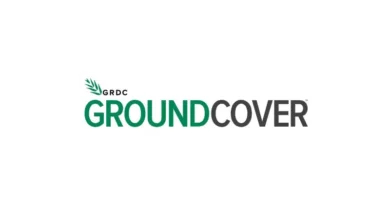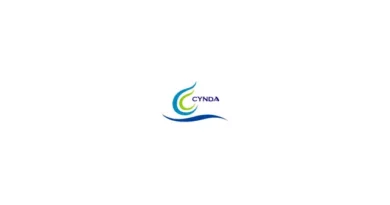
Conservation Groups Sue Over Aquaculture Pollution of Columbia River
03 July 2025, Portland: Today, Center for Food Safety (CFS) and Wild Fish Conservancy (WFC) filed a lawsuit against Pacific Seafood Aquaculture, LLC, for multiple violations of the Clean Water Act (CWA) at three commercial netpen aquaculture facilities on the Columbia River raising rainbow trout, often marketed as ‘steelhead.’ The filing, along with the prior 60-day notice of intent to sue, details how the company has repeatedly violated the terms of its National Pollutant Discharge Elimination System (NPDES) permit. The plaintiff nonprofits are represented by Kampmeier & Knutsen PLLC and CFS counsel.
In sharp contrast to the products’ marketing as sustainably raised, government records obtained through the Freedom of Information Act (FOIA) revealed that the Pacific Seafood facilities have actually been in continuous violation of their NPDES permit conditions since at least April 2020 when the permits were reissued. This includes both pollution discharge violations exceeding Environmental Protection Agency (EPA)-set limits, as well as monitoring and reporting violations. The unlawful pollution harms wild fish and the surrounding river ecosystem. The Columbia River is home to several endangered fish species protected under the Endangered Species Act.
“Despite ‘sustainable’ marketing claims and third-party certifications, government records tell a different story— one of chronic noncompliance and ecological harm,” said Emma Helverson, Executive Director of Wild Fish Conservancy. “In the face of the public’s sustained, long-term efforts to protect and restore the Columbia River and its ecosystems, Pacific Seafood has repeatedly violated the Clean Water Act, undermining public trust, degrading water quality, and threatening the survival of wild salmon and steelhead. Local communities and economies should not be left to shoulder the costs of cleanup and ecological damage while a billion-dollar corporation cuts corners on basic environmental protections.”
“These confined industrial fish farming operations have been unlawfully and egregiously polluting the Columbia River for years,” said George Kimbrell, CFS Legal Director. “Fish feed, fish waste, chemicals, pharmaceuticals, and other contaminants released by these facilities threaten water quality and native fish populations. We’re taking this action to ensure compliance with environmental laws designed to protect our waterways and the species that depend on them.”
Background
Industrial netpen aquaculture is known to cause adverse environmental and intertwined socioeconomic impacts, including pollution from drugs, chemicals, pesticides, fungicides, pharmaceuticals, and other inputs; nutrient pollution from uneaten fish food and fish waste; the spread and amplification of parasites, viruses, and disease from farmed fish to wild fish; overfishing of forage fisheries in order to make fish meal and oil to grow aquacultured fish; adverse ecological effects on surrounding marine wildlife from the facilities; harm to traditional and indigenous fishing cultures and communities; and harm to recreational and commercial fisheries. Chronic fish spills, caused by equipment failure, human error, or weather, are among the worst causes of harm. Escaped fish harm wild fish by competing for food and habitat, spreading viruses and disease, and inbreeding, thus reducing genetic diversity and resilience. In August 2017, a devastating netpen aquaculture collapse at a facility maintained by Cooke Aquaculture in Puget Sound released an estimated 250,000 non-native and viral-infected Atlantic salmon into Puget Sound. Washington has subsequently removed the industry and permanently banned netpen aquaculture in its state marine waters. Globally, more than 25 million aquacultured fish escaped between 1996 and 2012.
Also Read: Syngenta to Become Global Leader in Biologicals; Expanding Nature Inspired Solutions for Farmers
📢 If You’re in Agriculture, Make Sure the Right People Hear Your Story.
From product launches to strategic announcements, Global Agriculture offers unmatched visibility across international agri-business markets. Connect with us at pr@global-agriculture.com to explore editorial and advertising opportunities that reach the right audience, worldwide.






